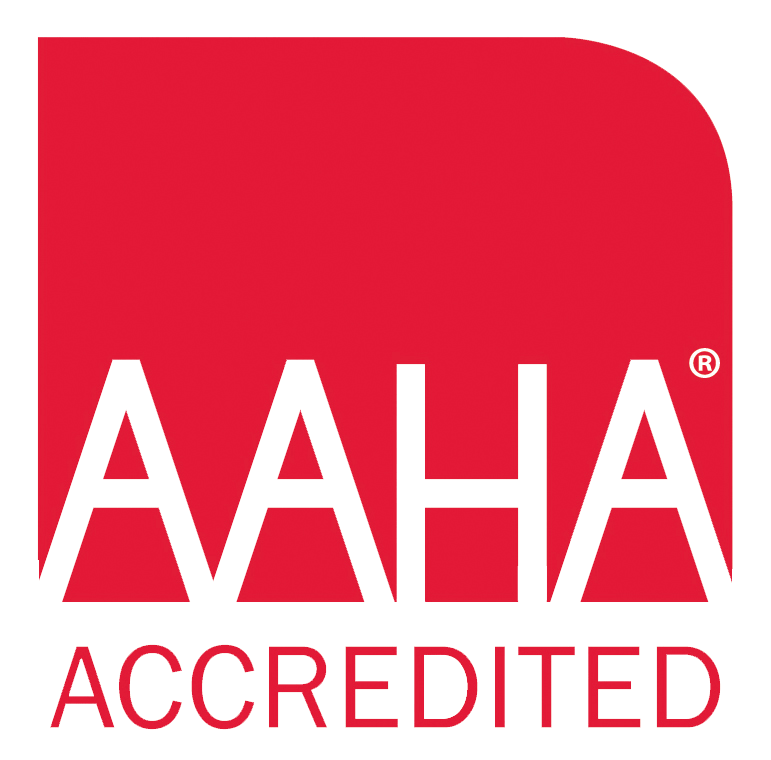Frequently Asked Questions
Here are some questions/answers that we are frequently asked. If you have additional questions that aren't covered here, please feel free to give us a call at Clarkston Vet Clinic.
1. What are the Hospital hours?
Our hospital is open for appointments Monday through Friday from 8:00am to 6:00pm (The doctors are out to lunch from 12-2). On Saturdays we are open from 9:00am until noon. The clinic is closed on Sunday.
Pets can be dropped off and picked up for boarding Monday through Friday from 7:00am to 6:00pm, Saturday from 7:00am to Noon or 5:00pm to 6:00pm, and Sundays or Holidays from 7:00am to 8:00am or 5:00pm to 6:00pm.
2. Do I need to have an appointment?
Yes, patients are seen by appointment.
3. What forms of payment do you accept?
Cash, Check, Mastercard and Visa
4. Can I make payments?
Payment is required at the time of service.
5. At what age can I have my pet spayed or neutered?
Spaying or neutering can be done at as soon as 4-6 months of age. Your pet is given an exam prior to surgery to help determine whether your pet is healthy enough to undergo the surgical procedure. Also a pre-anesthetic blood screen is recommended prior to undergoing anesthesia and surgery.
6. What is the pre-anesthetic blood screening?
This is a blood test that is run here in the clinic prior to surgery. It tests the organ functions, blood counts and clotting function of your pet. The pre-anesthetic blood screening is done to assure safety during surgery and the ability to heal following surgery.
7. How long do the sutures stay in after my pet's surgery?
Procedures involving sutures require them to be removed 10-14 days following the surgery.
8. Is it a good idea to let my pet have at least one litter?
No, there is no advantage to letting your pet have one litter. However there are plenty of advantages to having you pet spayed or neutered. These advantages include decreasing the chances of breast tumors later in life, decreasing the chance of cystic ovaries and uterine infections later in life, decreasing the desire to roam the neighborhood, decreasing the incidence of prostate cancer later in life, helping prevent spraying and marking, and also decreases the surplus of unwanted puppies and kittens.
9. Do you board pets?
Yes, we do boarding for our clients. We have boarding space for both dogs and cats. Dogs are required to have a current Distemper/Parvo combination vaccine, a current Rabies vaccine and having either been dewormed with a broad spectrum wormer or had a negative fecal exam in the last year. Cats are required to have a current Distemper/Upper Respiratory vaccine and a current Rabies vaccine. (Proof of vaccines are required at the time of check in.)
10. What are your kennels like?
Our dog kennels are all indoor, climate controlled. The dogs are walked twice a day on a leash inside the fenced back yard. The cat boarders are housed in a separate area away from the dogs. Blankets, food and treats are provided for our boarders, but you are always welcome to bring your own.
11. My pet is on medication, will that be a problem?
Medications are not a problem while your pet is boarding. Bring your pets prescriptions and detailed instructions to the reception counter at check in and our experienced technicians will make sure your pets medications are dispensed correctly. There is an extra daily charge for administering medications.



